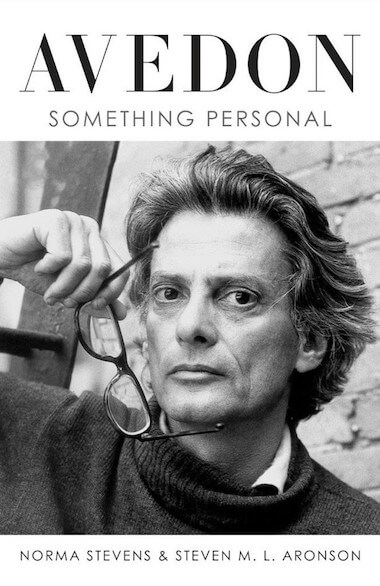Athina Rachel Tsangari’s “Chevalier” follows six men adrift on a yacht in the Agean Sea. | STRANDRELEASING.COM
BY STEVE ERICKSON | The fact that women direct a tiny percentage of American narrative films has become a much-debated subject over the past few years, with the American Civil Liberties Union even trying to get the federal government to investigate it as a matter of job discrimination. Most people would assume that a national cinema with 51 percent of the films directed by women would offer more well-rounded portraits of female characters.
But there’s another benefit to a greater percentage of female directors: a more critical take on masculinity. Films like Elaine May’s “Mikey and Nicky,” Claire Denis’ “Beau Travail,” and Kathryn Bigelow’s “The Hurt Locker” have cast a female gaze on the bromance and military machismo. These films don’t present “strong women,” but they’re feminist by default, showing the toxic nature of contemporary masculinity.
Greek director Athina Rachel Tsangari’s “Chevalier” does something similar, using an all-male cast and a setting in which the only female voices are heard on cell phones or in music.
Athina Rachel Tsangari’s critique of masculinity set among six Greek men on a yacht
The action takes a while to get underway. Its cast of six men, adrift on a yacht off Greece, play verbal games aimlessly before settling on a wide-ranging contest whose prize is the titular ring. The oldest is the Doctor (Yorgos Kendros), who owns the ring. Dimitris (Makis Papadimitriou) delivers a lip-synch performance of Minnie Ripperton’s “Loving You,” while another man waves sparklers near him in the background. Dimitris’ older brother Yannis (Yorgos Pirpassopoulos), Christos (Sakis Rouvas), Josef Nikolau (Vangelis Mourikis), and Yorgos (Panos Koronis) are also present.
The men’s gamesmanship extends to almost every area of life. They score points off each other as they pass the time on their trip; indeed, the film’s press kit mostly consists of a lengthy set of rules for the game, most of which never come up in “Chevalier” itself.
Tsangari’s last film, the excellent “Attenberg,” explored the coming-of-age of a young Greek woman. It may say something about the sexism of the film industry that it took her five years to follow it up; on the other hand, the awful state of the Greek economy may have more to do with the gap between “Attenberg” and “Chevalier.” The characters in “Chevalier” seem insulated from that state, with the possible exception of the cook. At least for a week, they live a luxurious, if tense, existence. Exercise, nutritious food, and blood sugar and cholesterol tests are indulgences used for one-upmanship, rather than necessities for health.
The cinematography of “Chevalier” is deliberately drab. The colors of the boat are a contrast between brown wood panels and milky whites. There are mirrors everywhere, which may be a joke about the men’s inability to really see their own absurdity. We only see bright colors in the seaside scenes that punctuate the games. Even there, our eye is trained on the men rather than nature, particularly when they go swimming nude. Unlike most filmmakers, Tsangari is not afraid of full-frontal male nudity. Her characters are heterosexual, but there’s plenty of homoeroticism on display, including a man who arouses himself to a full erection and wanders the yacht asking, “Does anyone want me to fuck you?”
I might have been more impressed by “Chevalier” if I hadn’t seen it a few weeks after Pierre Perrault’s 1982 masterpiece “The Shimmering Beast.” Perrault’s film is a documentary about a nine-man expedition of Quebecois urbanites into the wilderness to shoot moose, and it plays like a non-fiction cross between “Deliverance” and John Cassavetes’ “Husbands.” Few filmmakers have made male bonding seem so unappealing, especially when combined with binge drinking and the presence of guns. It’s amazing that Perrault and his subjects got through the film without anyone getting shot.
“Chevalier” is clearly critical of masculinity, but it never establishes the sense of danger that permeates “The Shimmering Beast.” Even when needles and knives are brought out, one feels that the characters are basically safe. Their egos are in more danger than their bodies. Tsangari is a little too willing to come down on the side of making the spectator laugh rather than disturbing them. “The Shimmering Beast” is a great film; “Chevalier” is merely a very good one.
CHEVALIER | Directed by Athina Rachel Tsangari | Strand Releasing | In Greek with English subtitles | Opens May 27 | IFC Center, 323 Sixth Ave. at W. Third St. | ifccenter.com | Film Society of Lincoln Center, Francesca Beale Theater, 144 W. 65th St. | filmlinc.org.



































